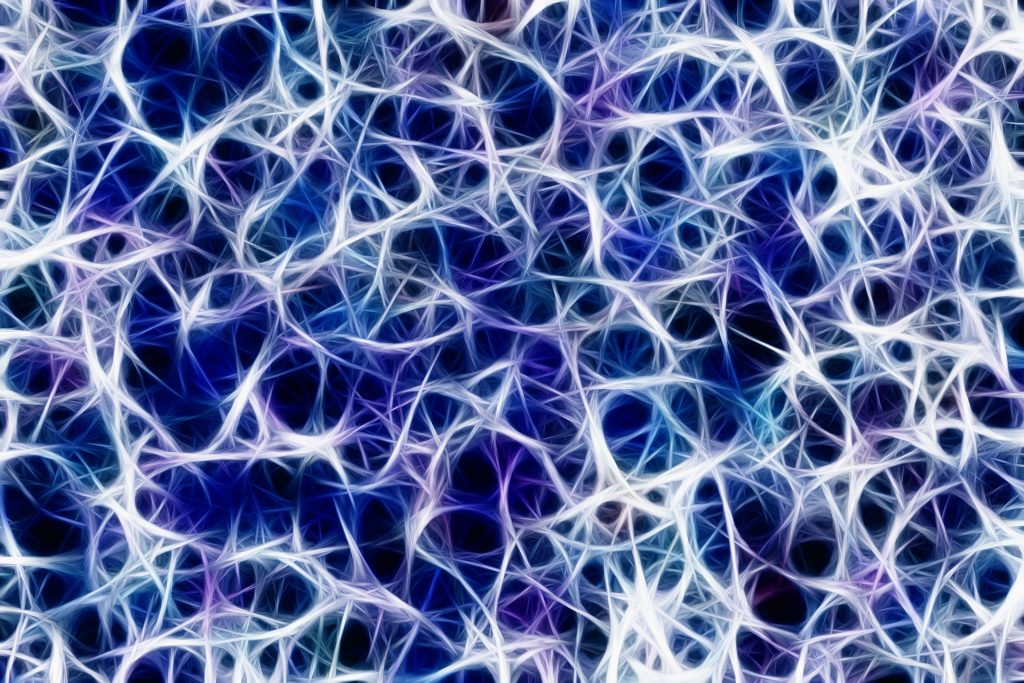Tuesday, April 30, 2019

New research from neuroscientists at Johns Hopkins University suggests that the psychedelic drug MDMA (3,4-methylenedioxy-methamphetamine) may allow brains to re-learn social-reward behaviors in such a way that could be helpful in the treatment of PTSD. The study, reported in Nature, found that MDMA reopens a “critical period” in the brains of mice, making them more susceptible to new, pro-social behavior.
Critical periods, when the brain is sensitive to learning the reward value of social behaviors, were first identified in the 1930s in connection with the bonding behaviors of baby snow geese. For the first 24 hours of a snow gosling’s life, it bonds to its mother or, in her absence, to any other object. However, if the mother is initially present but vanishes 48 hours after her baby’s birth, the hatching won’t bond to anything else; the critical period will have closed.
In disease states, closure of critical periods limits the ability of the brain to adapt, so it is important to identify how to reopen critical periods. Since MDMA is known to have pro-social effects, the researchers hypothesized that the drug could be used to reopen the critical period after it had closed. Using mice, they first determined that the relevant critical period occurs around puberty and closes as the mice mature. They then dosed mature mice with MDMA and waited until the drug had washed completely out of their systems.
Most of the dosed mice exhibited juvenile (i.e., enhanced) abilities to learn new pro-social behaviors when compared to a control group. The effects of the drug lasted up to two weeks from the initial dosing. During the same period, the researchers also noticed that the brains of the dosed mice responded to the hormone oxytocin in ways that affect learning and memory, a phenomenon that does not usually occur in mature mice.
While MDMA may not work for every psychiatric condition involving social behaviors, the FDA has already “fast-tracked” it for study in connection with PTSD.